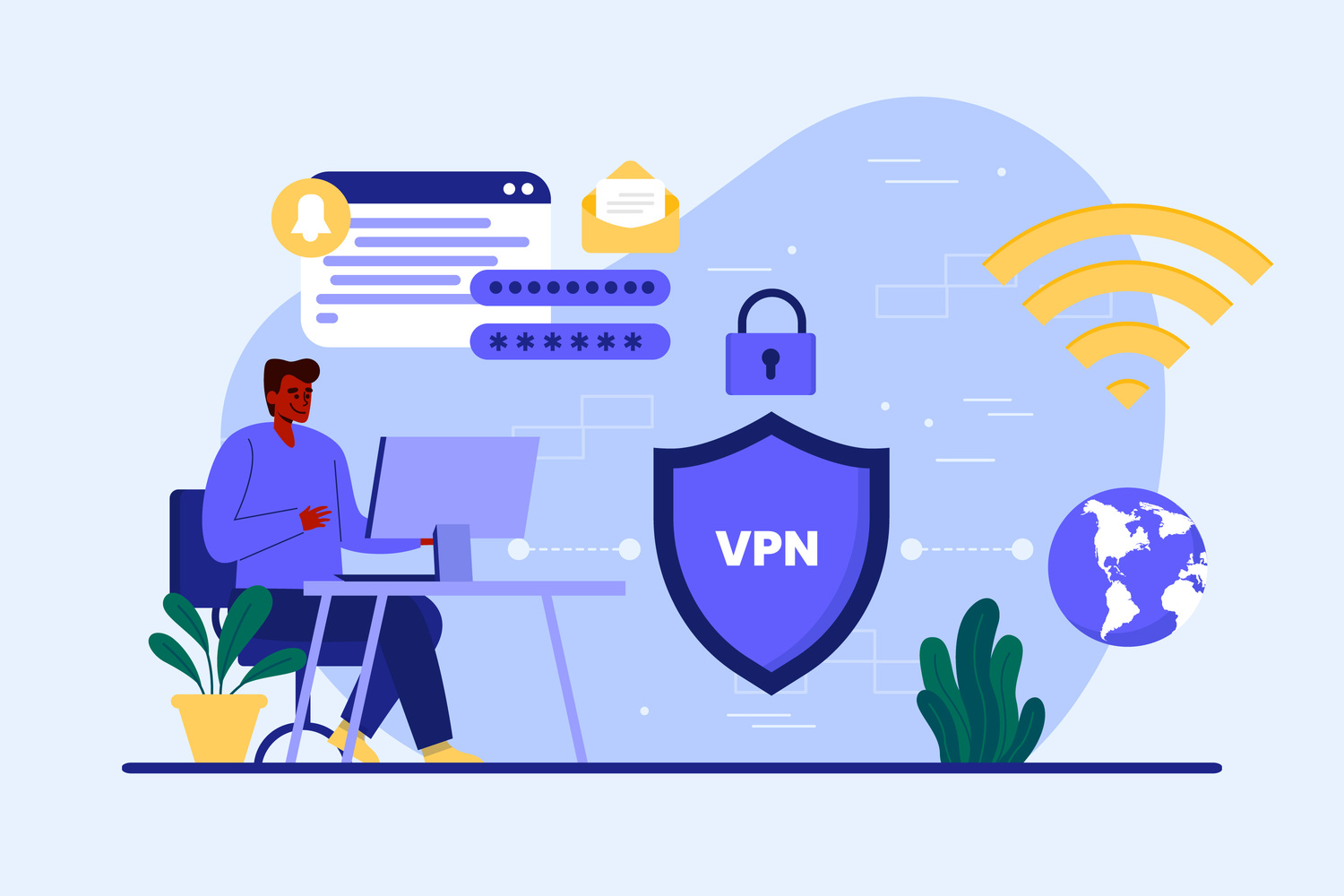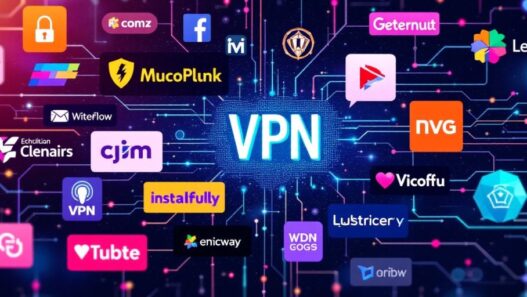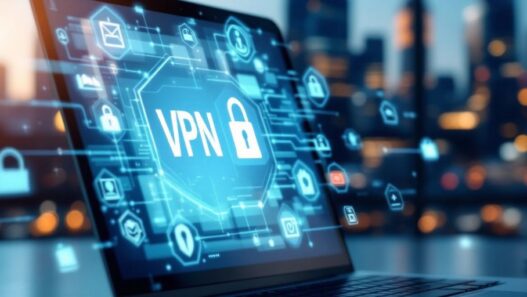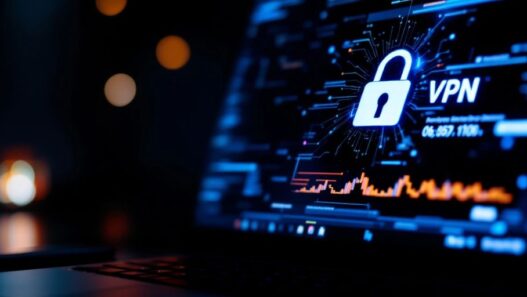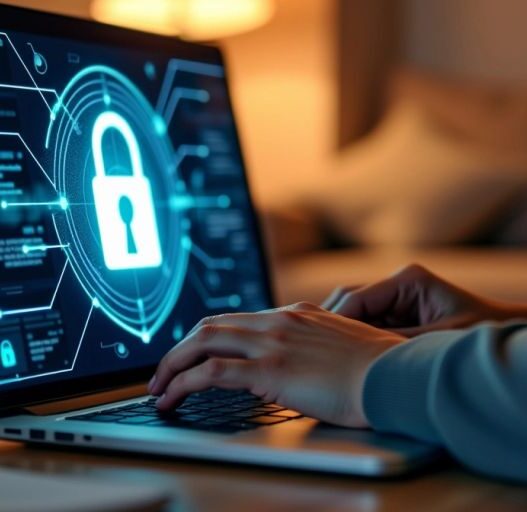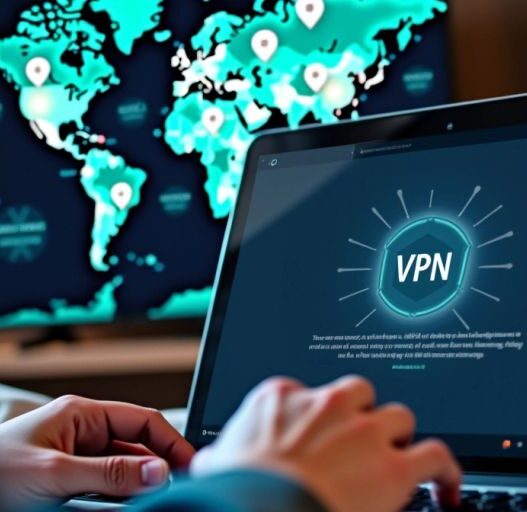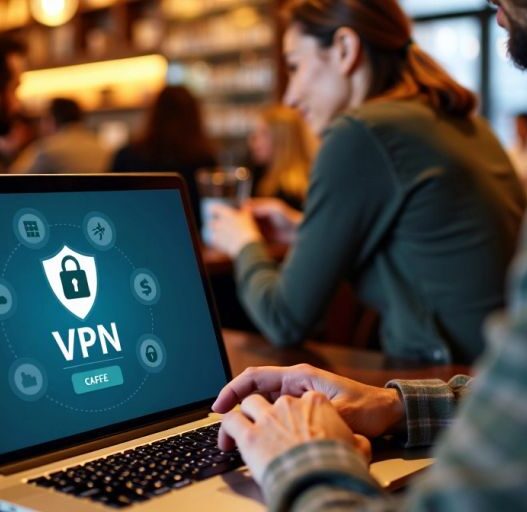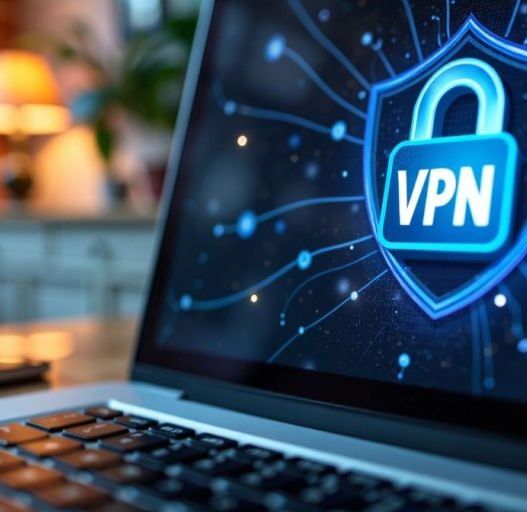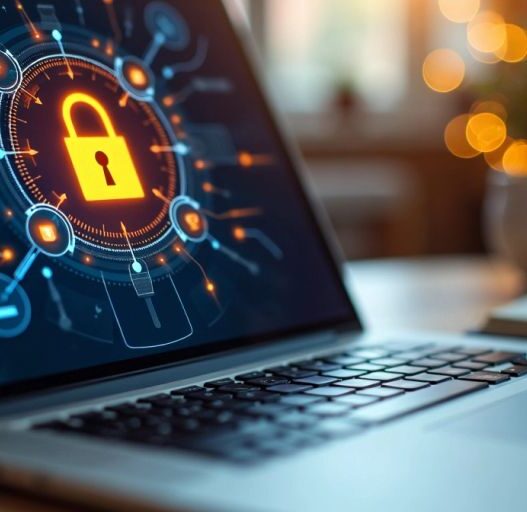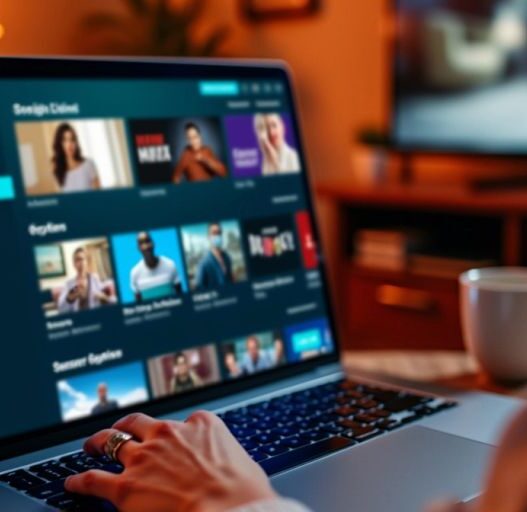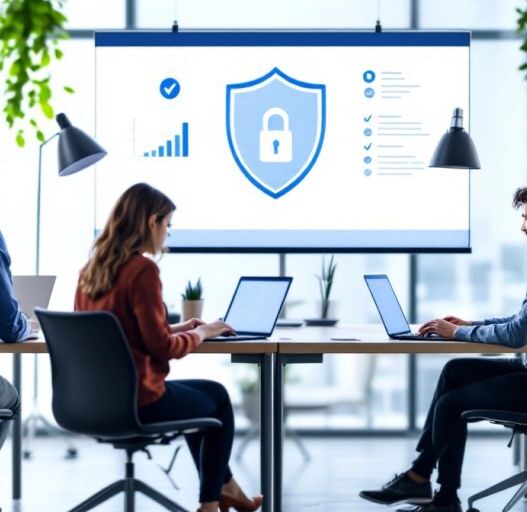In today’s digital age, protecting your online privacy is more important than ever. Many people think that using a VPN is enough to keep them safe, but there are hidden dangers that can still put your personal information at risk. This article will discuss five privacy threats that you might not know about and explain how a VPN can help you stay secure.
Key Takeaways
- Social media can expose your personal information if you’re not careful with what you share.
- Phishing scams trick you into giving away sensitive details, and a VPN won’t stop this.
- Malware can infect your device, even if you’re using a VPN, putting your data at risk.
- Tracking cookies follow your online activity, and a VPN can’t block them directly.
- Your online accounts still leave a digital trail, so be cautious about what you do while logged in.
1. Social Media Leaks

In today’s digital world, social media can be a double-edged sword. While it connects us, it also exposes our personal information to potential threats. Many people unknowingly share sensitive details that can be exploited by hackers or even law enforcement.
What You Share Matters
- Your name, email, and phone number are often public.
- Posts, likes, and shares can reveal more than you think.
- Photos may unintentionally show your location or other private details.
Protect Yourself
- Review your privacy settings: Make sure only trusted friends can see your posts.
- Think before you post: Always check if sensitive information is visible in your photos or videos.
- Limit personal information: Avoid sharing details like your home address or phone number.
Remember, once something is online, it can be hard to take it back. Protect your privacy by being cautious about what you share.
2. Phishing Attacks

Phishing attacks are a serious threat to your online privacy. These scams trick you into giving away your personal information. Attackers often use emails, texts, or even phone calls to lure you into revealing sensitive data like bank account details. Here’s how they typically operate:
- Fake Emails: You receive an email that looks like it’s from a trusted source, asking you to click a link.
- Malicious Links: Clicking the link may lead you to a fake website designed to steal your information.
- Urgent Requests: Many phishing attempts create a sense of urgency, making you feel you must act quickly.
| Type of Phishing | Description |
|---|---|
| Email Phishing | Fake emails that appear legitimate |
| Spear Phishing | Targeted attacks on specific individuals |
| Whaling | Phishing aimed at high-profile targets |
Always remember: If something seems too good to be true, it probably is. Stay alert and verify the sender’s email address before clicking any links.
A VPN can help protect your data from being intercepted, but it won’t stop you from visiting a scam site or sharing your information. Stay informed and cautious to defend against these cyber threats.
3. Malware and Virus Infections
Malware and viruses are sneaky threats that can invade your devices without you even knowing. These harmful programs can steal your personal information and damage your system. While a VPN can help protect your privacy, it often can’t stop these infections from happening.
How Malware Gets In
- Websites: Many sites hide malware in their ads or downloads.
- Emails: Phishing emails can trick you into clicking dangerous links.
- Software: Downloading unverified software can lead to infections.
Why You Should Be Concerned
Malware can lead to:
- Data Theft: Your personal information can be stolen.
- System Damage: Viruses can corrupt your files and slow down your device.
- Unauthorized Access: Hackers can gain control of your system.
Protecting yourself from malware is crucial. Always use trusted antivirus software alongside your VPN for the best defense.
Some VPNs offer malware protection features, but they are not a complete solution. For example, NordVPN has a tool that blocks dangerous sites, but it’s not a full antivirus. Combining your VPN with reliable antivirus software is the best way to stay safe online.
4. Tracking Cookies
Tracking cookies are small pieces of code that websites store on your browser when you visit them. While some cookies help remember your preferences, others can follow your online activities, even after you leave the site. This can lead to serious privacy issues.
Why Are Tracking Cookies a Concern?
- Invasion of Privacy: They can collect data about your browsing habits without your consent.
- Targeted Ads: Advertisers use this data to show you ads based on your interests, which can feel intrusive.
- Data Sharing: Your information can be shared with third parties, increasing the risk of data breaches.
How to Protect Yourself
- Clear Your Cookies Regularly: This helps remove unwanted tracking data.
- Use Browser Settings: Most browsers allow you to block third-party cookies.
- Consider Privacy-Focused Browsers: Some browsers are designed to limit tracking.
Regularly managing your cookies can significantly enhance your online privacy. Don’t let tracking cookies dictate your browsing experience!
5. Online Accounts Digital Trail

Your online accounts leave a digital trail that can be tracked, even when using a VPN. This means that companies like Google can still see your search history if you’re logged into your account, regardless of whether your VPN is active.
Key Points to Remember:
- Log out of accounts when doing sensitive activities.
- Incognito mode doesn’t protect your data; it still gets recorded.
- Big Tech companies can store your data for years, even in private browsing.
Steps to Protect Your Digital Trail:
- Log out of your accounts after use.
- Use alternative browsers that prioritize privacy.
- Consider secure email providers like Proton Mail or Tutanota.
Protecting your privacy online is crucial. A VPN can help, but it’s not a complete solution. You must take additional steps to safeguard your information.
Understanding why you need a VPN is essential. While it offers some level of VPN privacy, it’s important to recognize the benefits of VPN in conjunction with other privacy measures.
Final Thoughts: Protect Your Privacy Now
In today’s digital world, staying safe online is more important than ever. You might think you’re secure, but many hidden dangers can put your privacy at risk. A VPN is a powerful tool that can help shield you from some of these threats, but it’s not a complete solution. You need to be aware of the risks and take action to protect yourself. Don’t wait until it’s too late—consider getting a VPN today. It’s a smart step towards keeping your personal information safe and secure. Remember, your online safety is in your hands!
Frequently Asked Questions
What is a VPN and how does it work?
A VPN, or virtual private network, is a tool that keeps your online activities private. It creates a secure connection to the internet, making it hard for others to see what you do online.
Can a VPN protect me from all online threats?
No, a VPN helps with privacy but cannot stop every online danger. For example, it can’t protect you from phishing scams or malware.
Is my data safe if I use a VPN?
Using a VPN can make your data safer by encrypting it, but you should still be careful about what information you share online.
Do I need a VPN if I use social media?
Yes, a VPN can help hide your location and browsing habits, but it won’t stop social media platforms from collecting your data.
How often should I clear my cookies?
It’s a good idea to clear your cookies regularly to protect your privacy, even if you use a VPN.
Are all VPNs the same?
No, not all VPNs offer the same level of security. It’s important to choose a trusted provider with good features.
